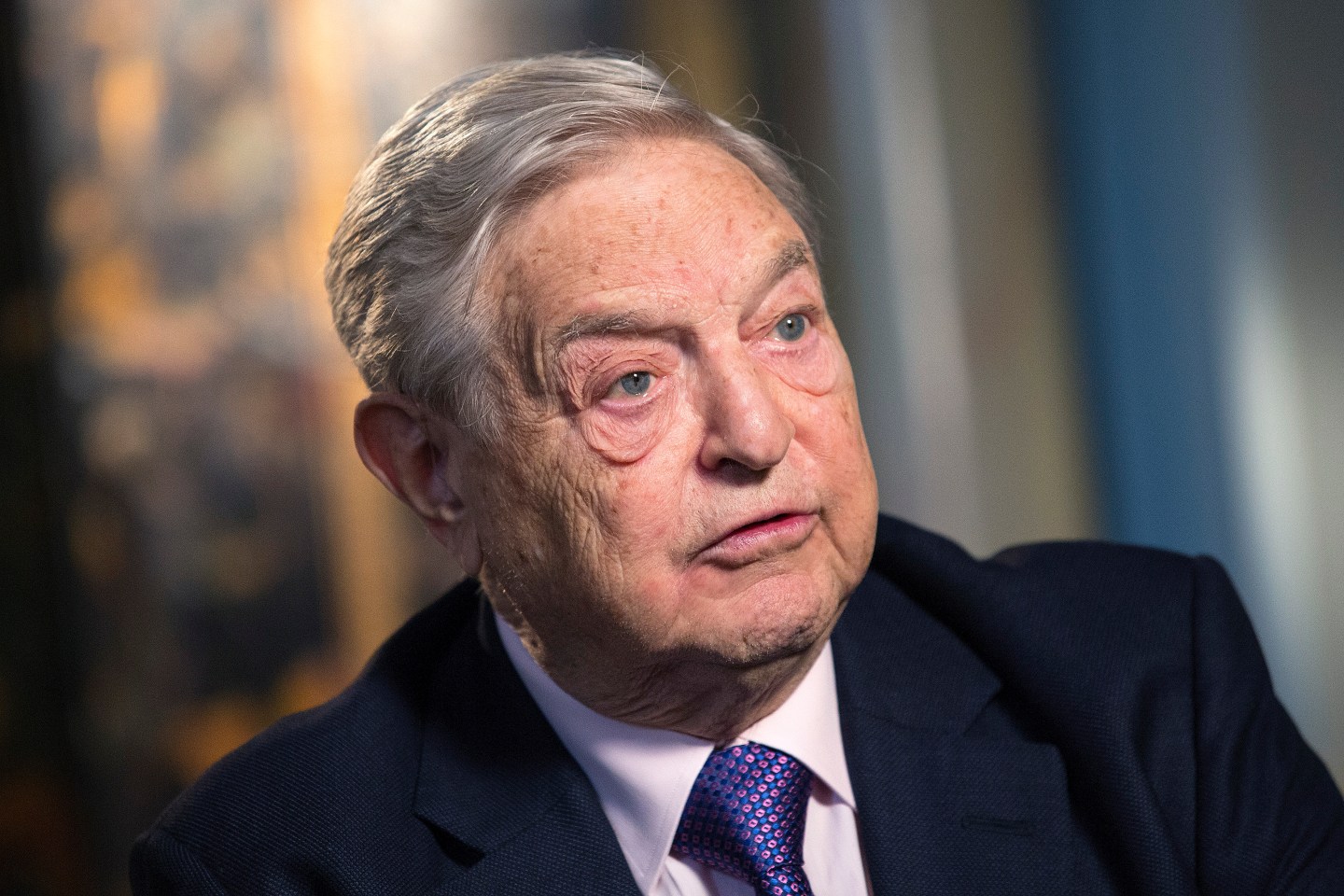By Jennifer Ablan
NEW YORK, Nov 30 (Reuters) – Russia has banned a pro-democracy charity founded by hedge fund billionaire and philanthropist George Soros, saying it posed a threat to both state security and the Russian constitution.
In a statement released on Monday, Russia’s General Prosecutor’s Office said two branches of Soros’ charity network—the Open Society Foundations and the Open Society Institute Assistance Foundation—would be placed on a “stop list” of foreign non-governmental organizations whose activities have been deemed “undesirable” by the Russian state.
“It was found that the activity of the Open Society Foundations and the Open Society Institute Assistance Foundation represents a threat to the foundations of the constitutional system of the Russian Federation and the security of the state,” the statement said.
It did not elaborate, but the Hungarian-born Soros urged the West earlier this year to step up aid to Ukraine, outlining steps toward a $50 billion financing package that he said should be viewed as a bulwark against an increasingly aggressive Russia.
The Open Society Foundations said it was “dismayed” by the Russian decision.
“Contrary to the Russian prosecutor’s allegations, the Open Society Foundations have, for more than a quarter-century, helped to strengthen the rule of law in Russia and protect the rights of all,” Open Society said in a statement.
“In the past, our efforts have been welcomed by Russian officials and citizens, and we regret the changes that have led the government to reject our support to Russian civil society and ignore the aspirations of the Russian people,” it said.
Soros, meanwhile, said in a separate statement: “We are confident that this move is a temporary aberration; the aspirations of the Russian people for a better future cannot be suppressed and will ultimately succeed.”
Soros founded the Open Society Foundations in 1979 when his hedge fund had reached about $100 million and his personal wealth had climbed to about $25 million. It began its philanthropic activity by giving scholarships to black South Africans under apartheid.
Soros, 85, now funds a network of foundations that support human rights, freedom of expression and access to public health and education in 70 countries around the globe.
(Reporting by Jennifer Ablan; Editing by Tom Brown)
